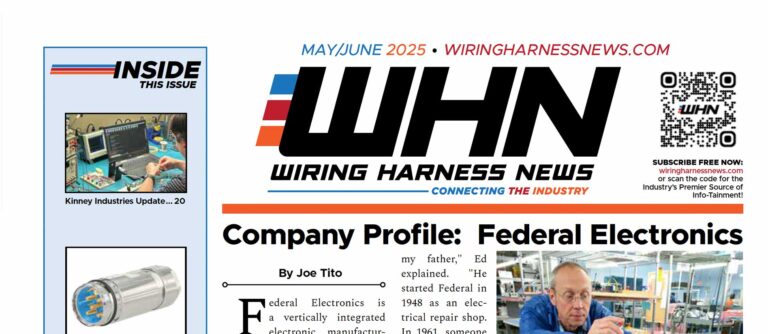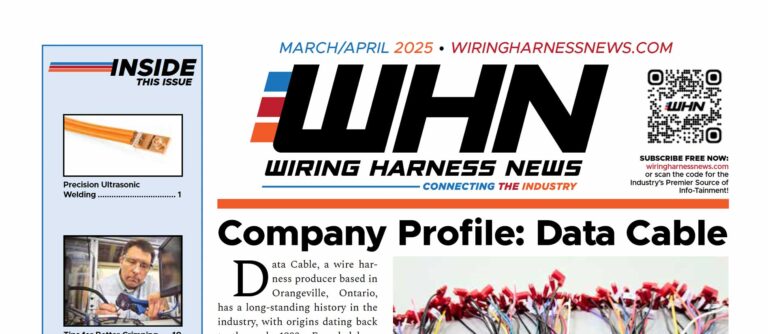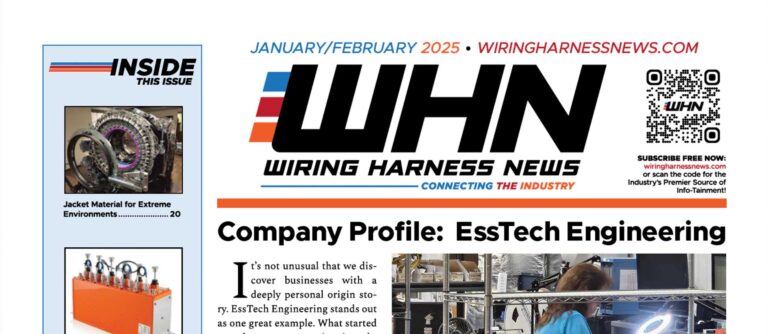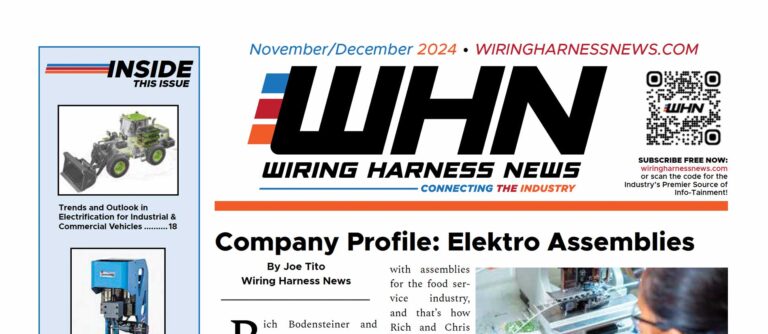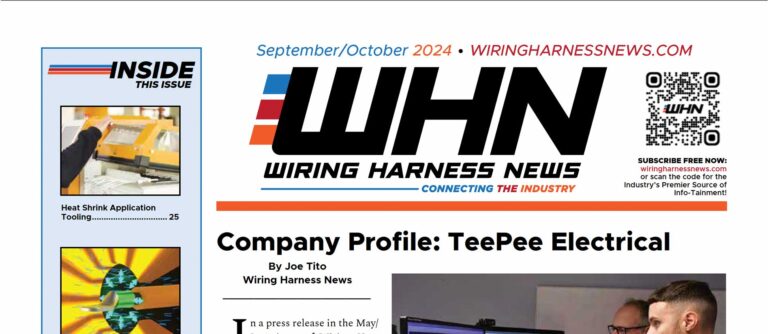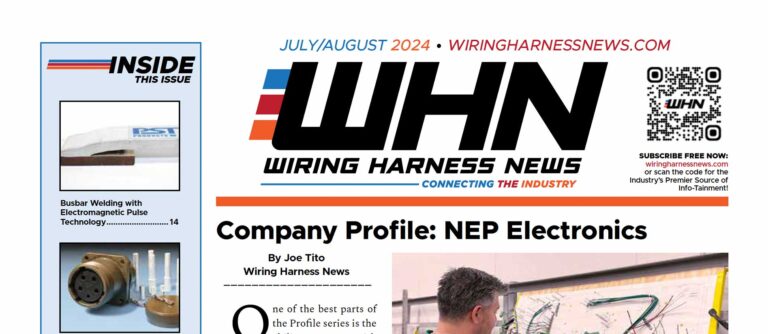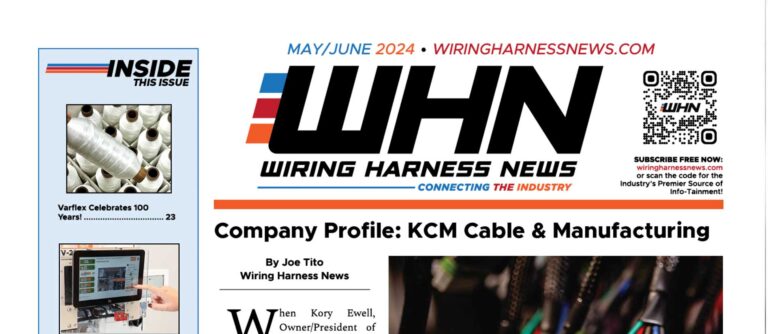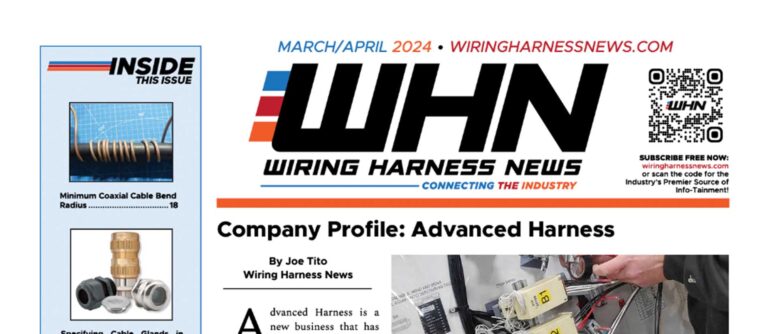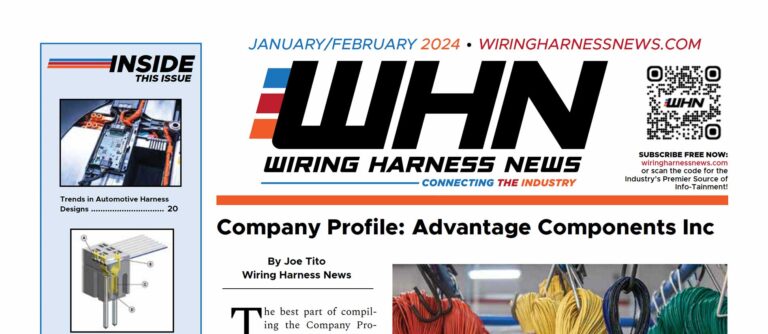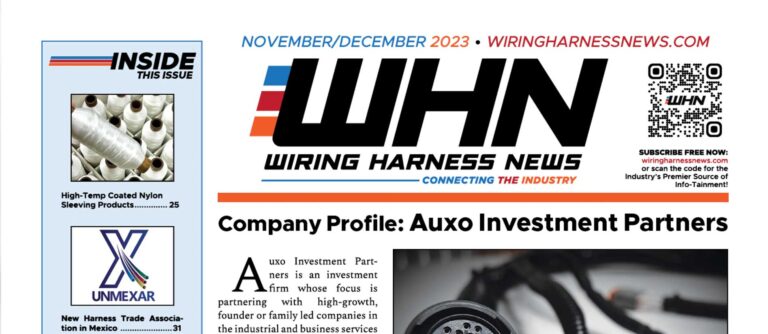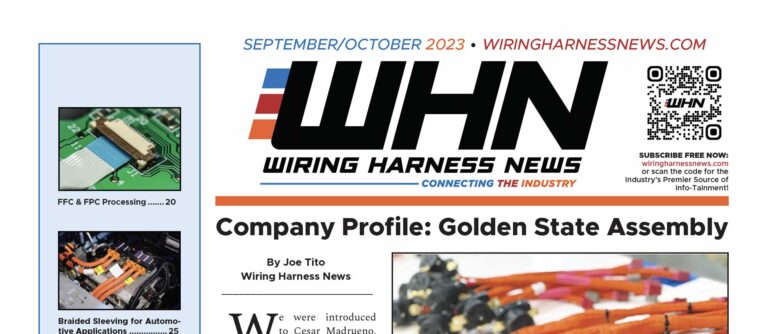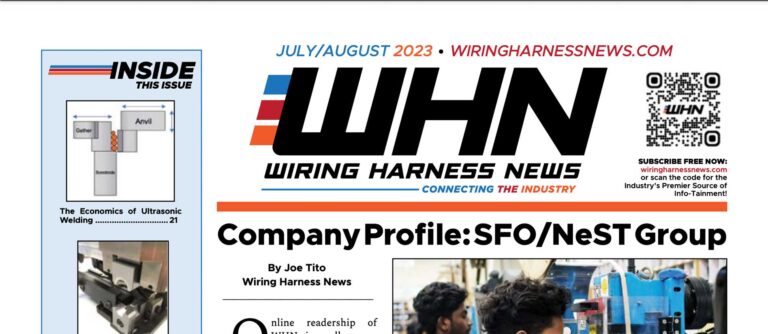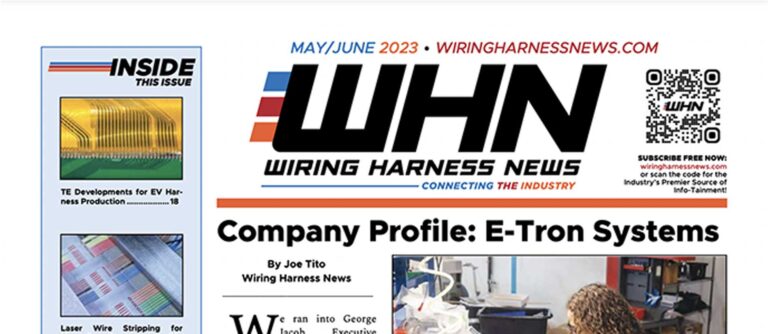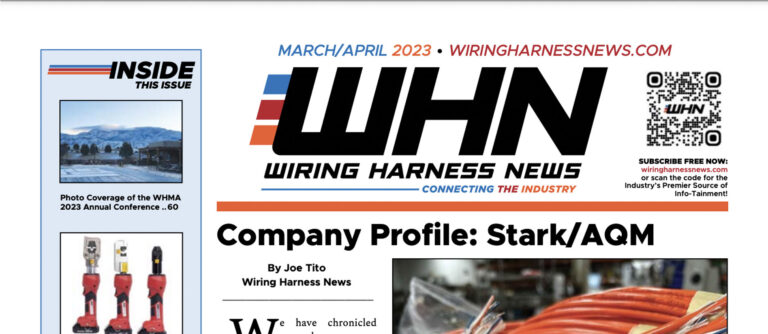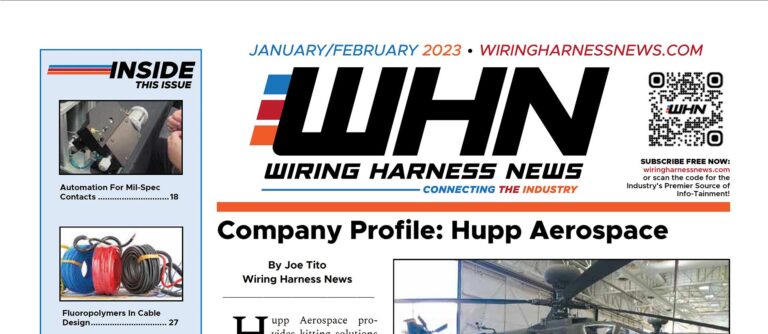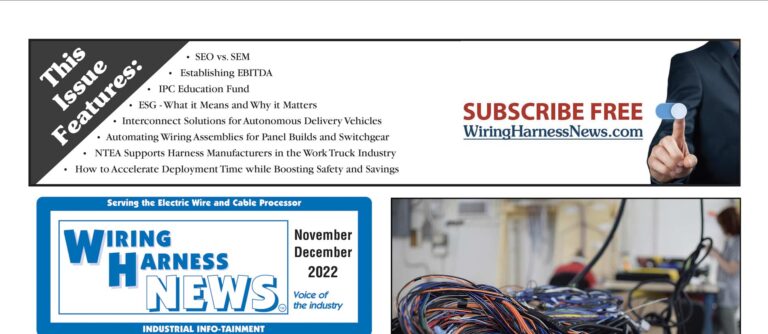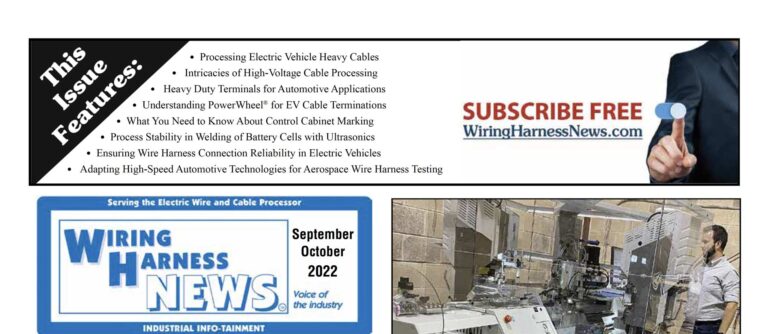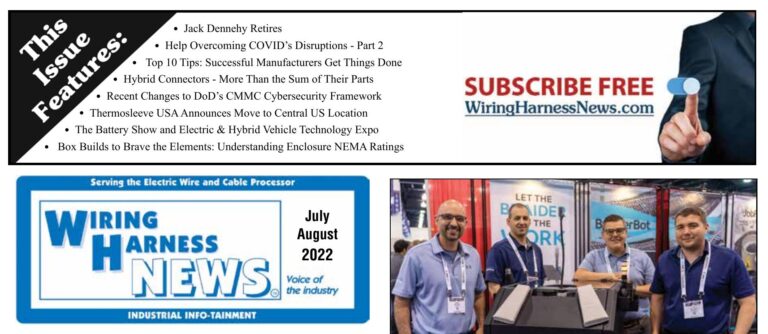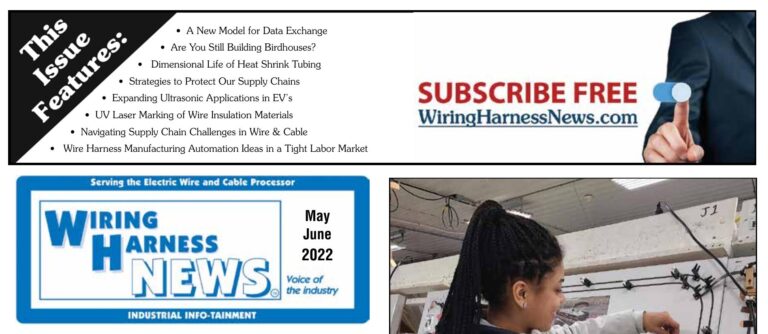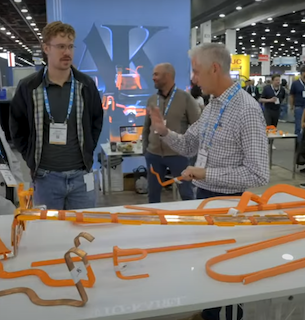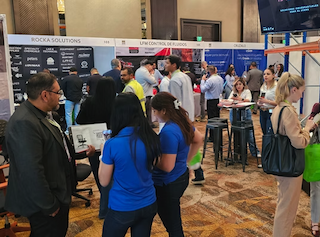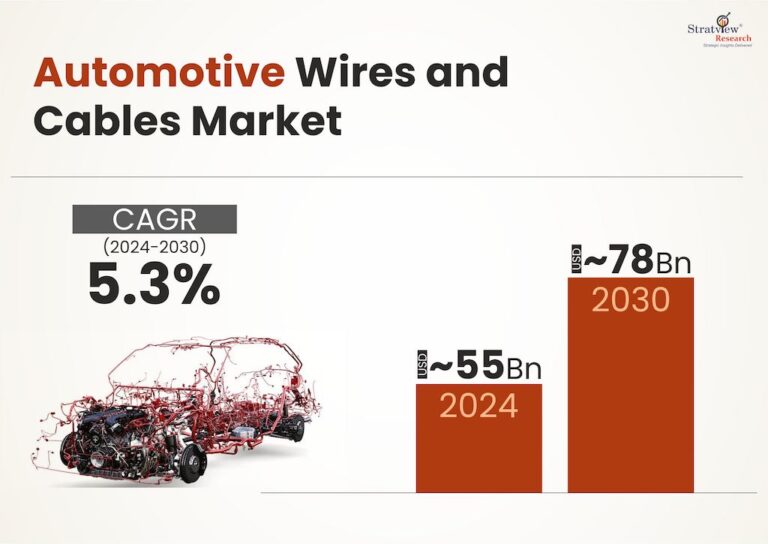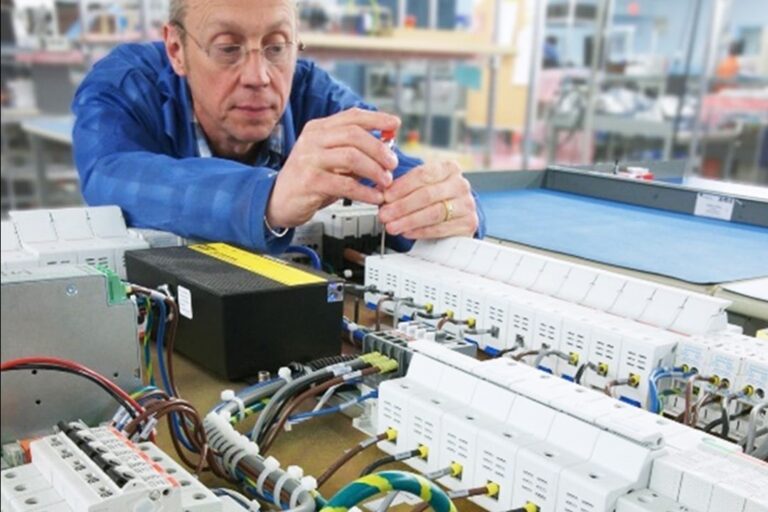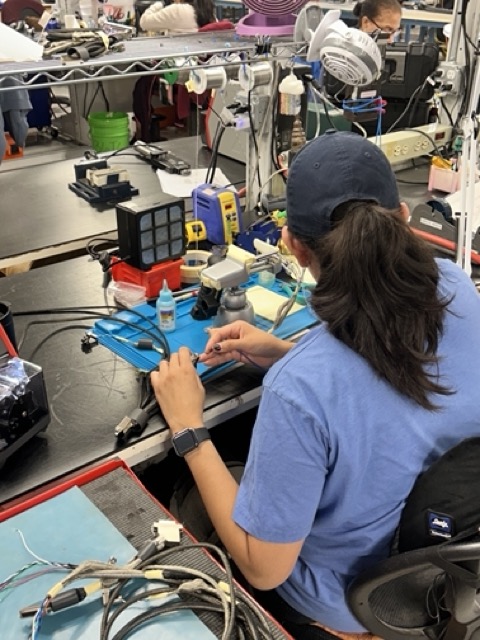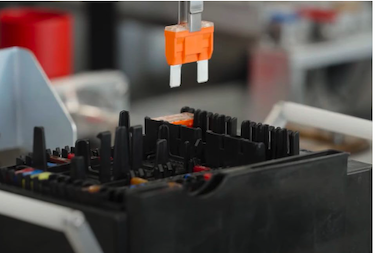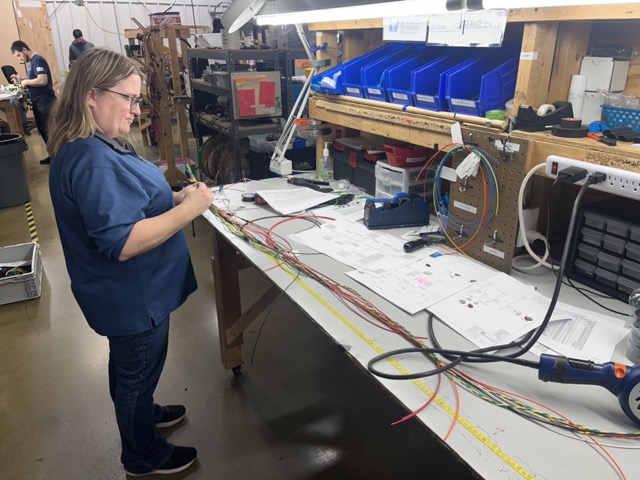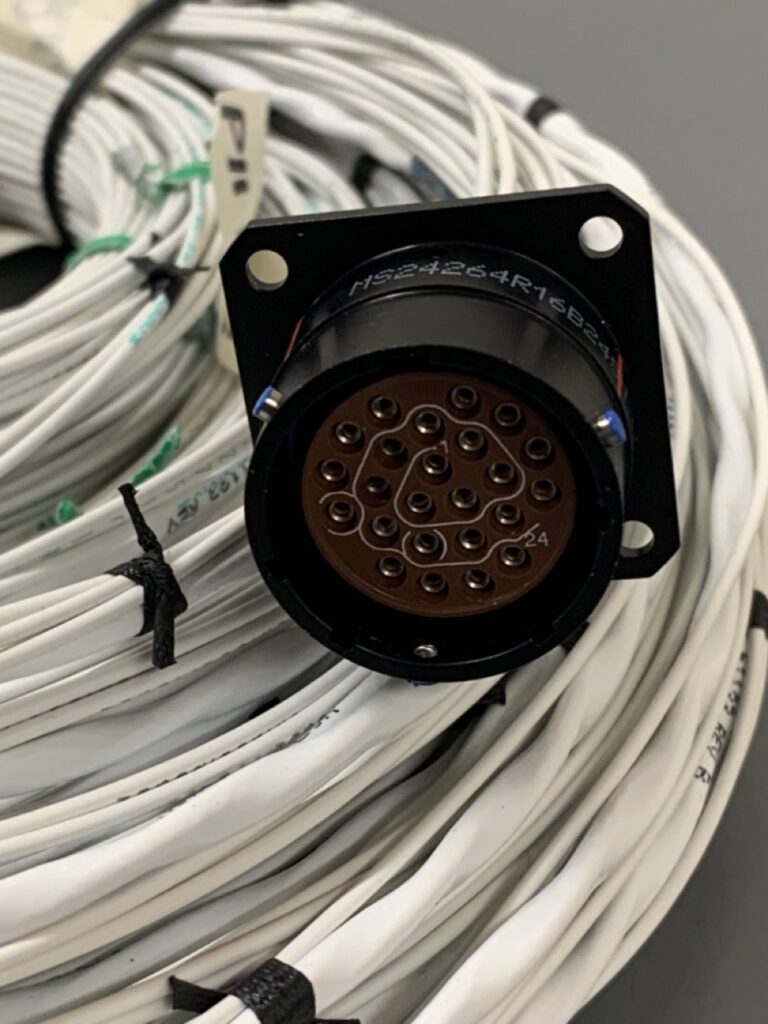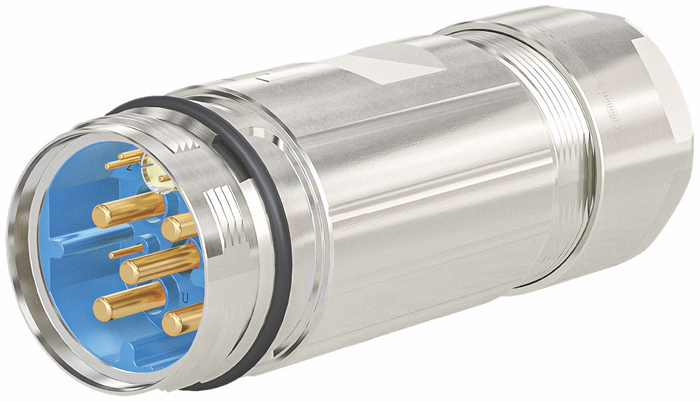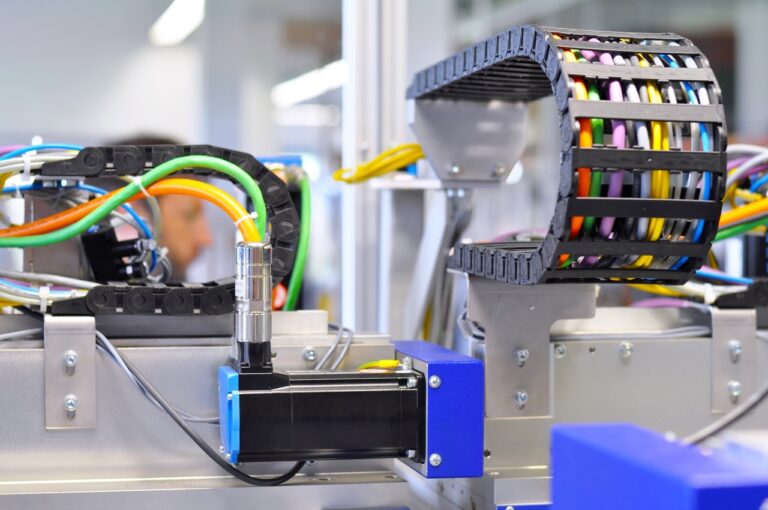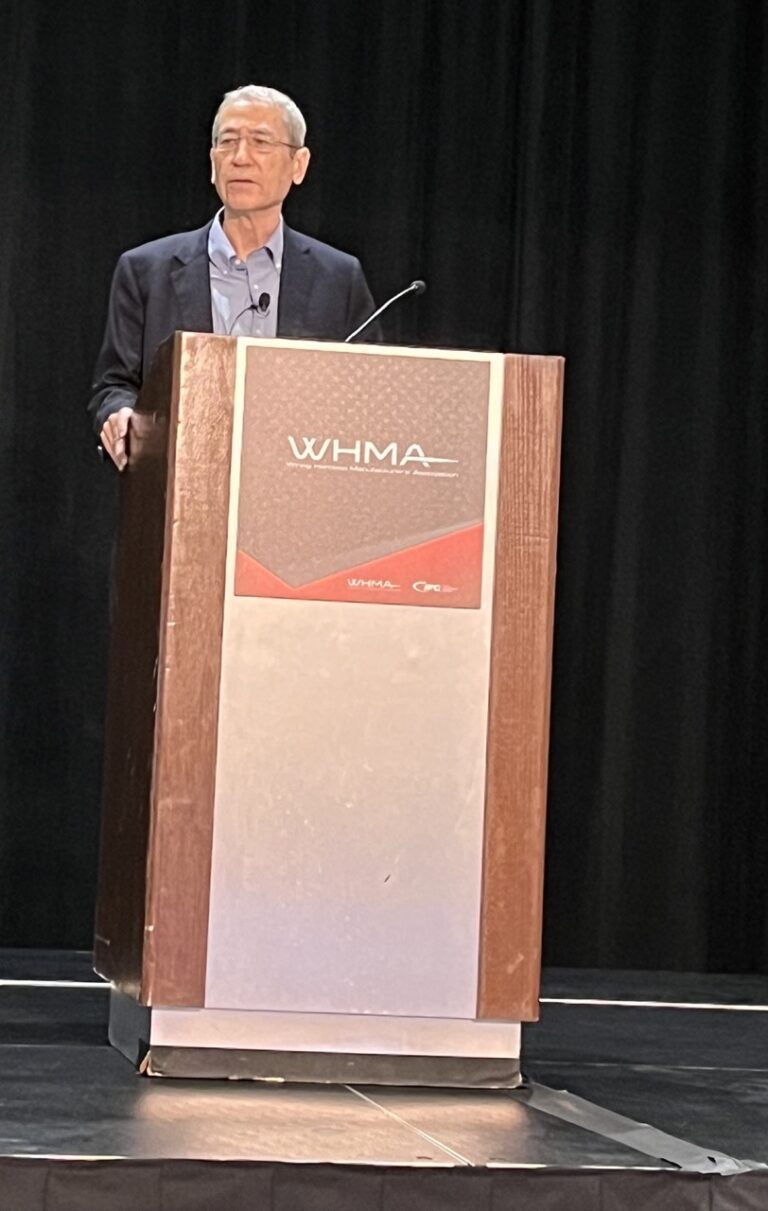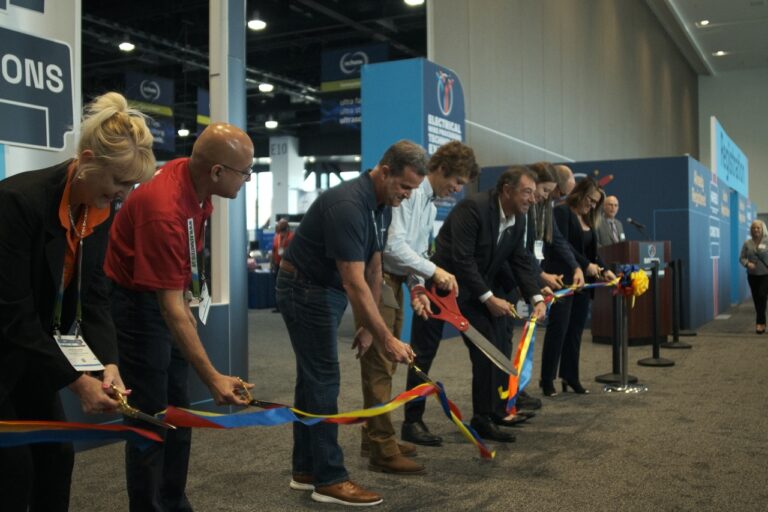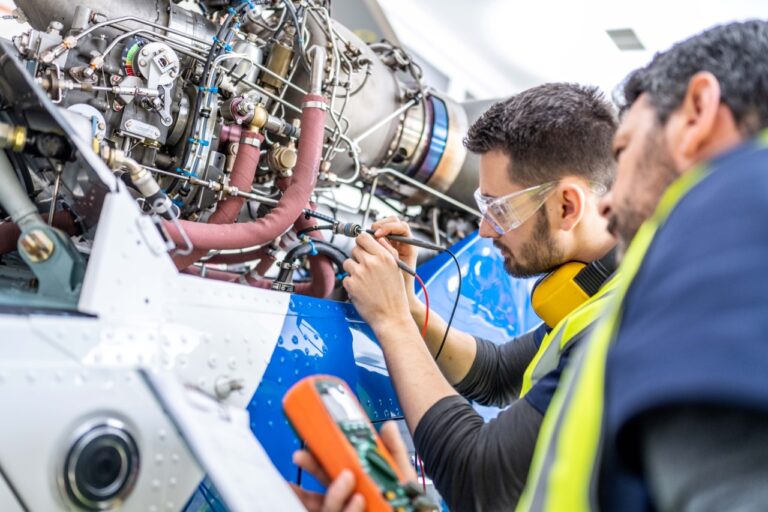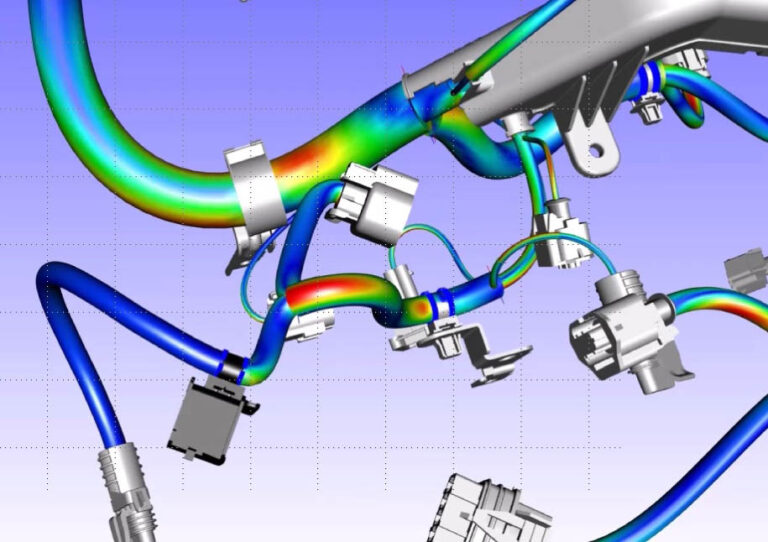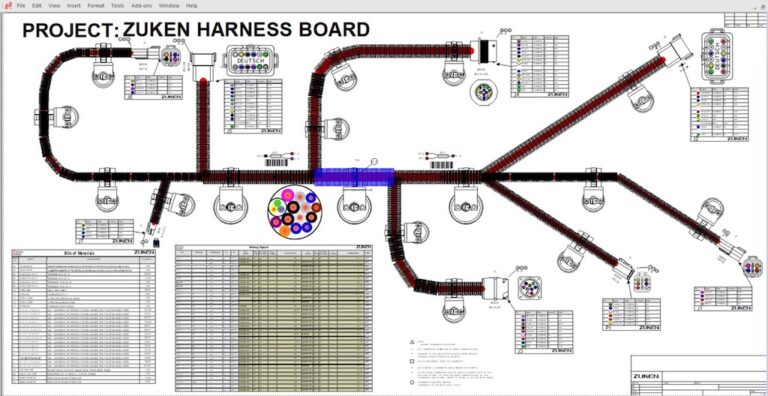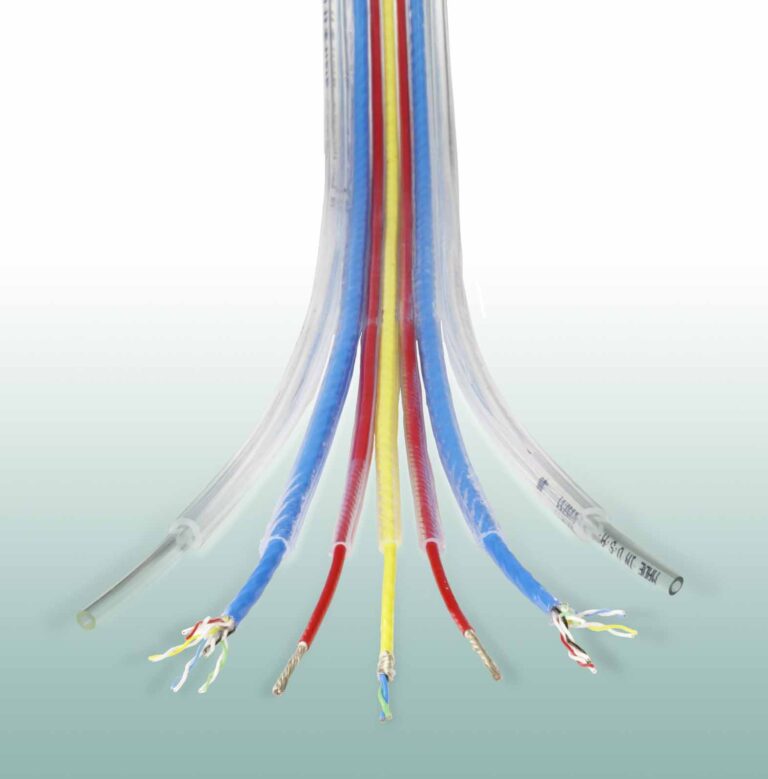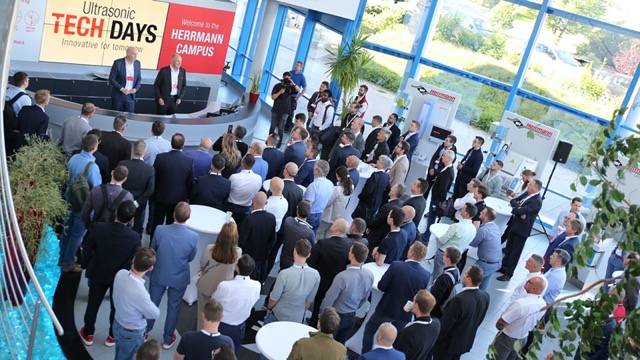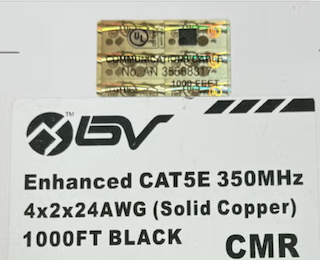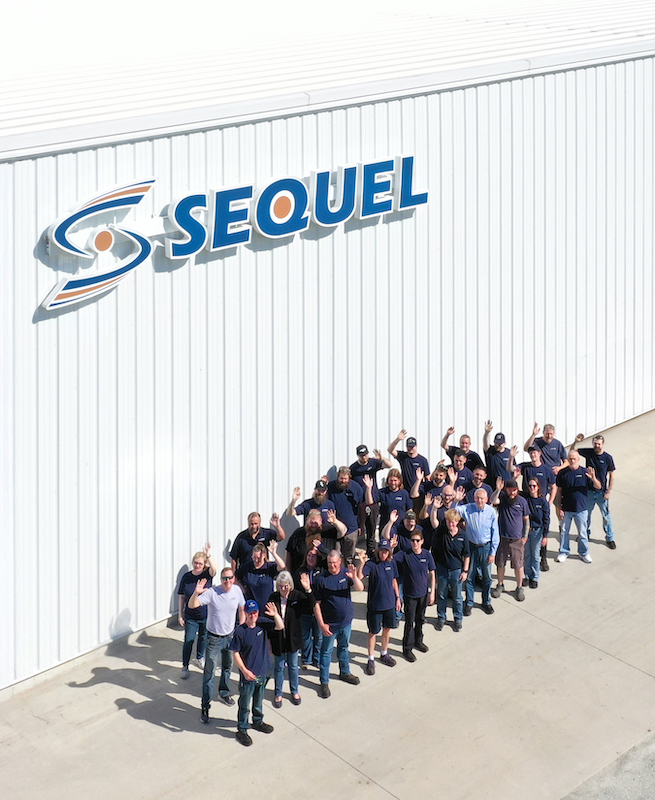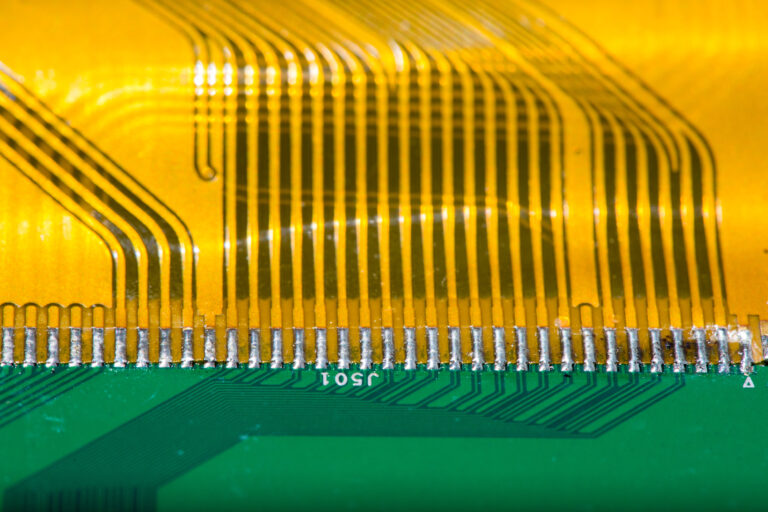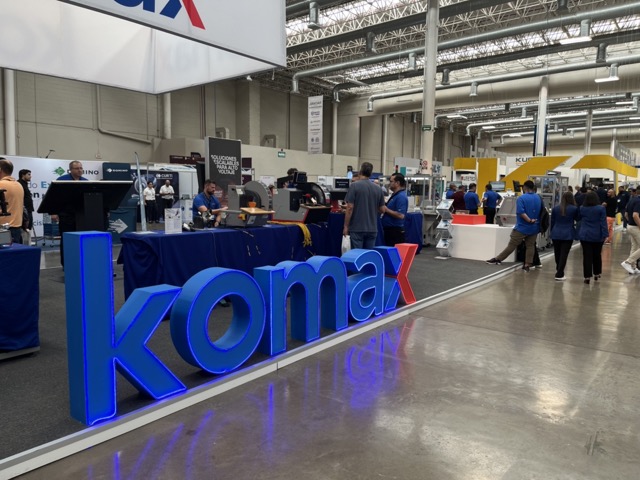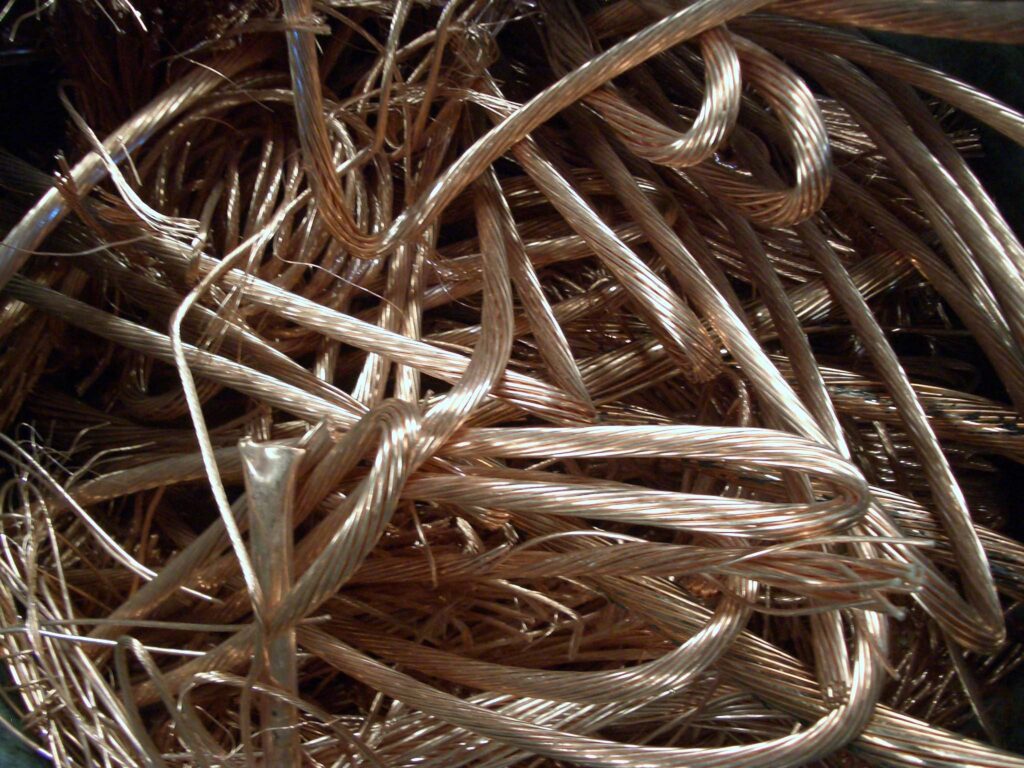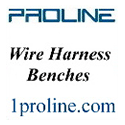Dealing with Scrap in Mexico (Harness Manufacturing Facility)
Discussion with W. Silver Recycling, Inc.
At the recent WHMA Conference, WHN met Joe Foytek, Regional Sales Manager for W. Silver Recycling, Inc. The company handles ferrous and non-ferrous metals in the harness and electronics industry in Mexico. He introduced us to Lane Gaddy, CEO of W. Silver. Lane told us about the company and the services they offer. Most notably, he gave some great tips on dealing with scrap metals in Mexico that can be useful anywhere in the world.
WHN: Tell us about W. Silver.
Lane: We started in El Paso Texas 99 years ago, so we’re coming up on our centennial. We have a total of 11 locations, and we have always done business in Mexico. In fact, all of our facilities are tied into US-Mexico cross-border business.
After NAFTA came into place in the 90s we saw the textile industry move out, and the automotive industry move in. That’s when we got more specific with our niche and moved into servicing integrated manufacturers in Mexico.
These are predominantly Fortune 500 or Russell 2000 companies, mostly US-based, but with Mexico operations. That really started changing in the last few years as we’ve seen more FDI (foreign direct investment) coming into Mexico.
We are in a little over 225 plants throughout Mexico, and we have enjoyed a lot of growth there. We’ve seen a lot of the challenges, but certainly there continues to be strong interest to manufacture in Mexico.
WHN: Has the recent trend towards near-shoring lifted your business?
Lane: Yes. We’re seeing a ton of that right now, even in the last few weeks given shut downs in Asian production. With the MCA deal in the rearview mirror, it will continue to pay dividends for North American manufacturing.
WHN: Tell us about what you folks do to improve your customer’s value stream.
Lane: First, we do a free assessment to make sure there is value that W Silver recycling can bring. Once we do the preliminary vetting, we will come in and look at all the processes and procedures, and ultimately come back with a full scope of work. And that’s not just about pricing. Of course, pricing is a big part of it, and everyone wants to get the best price. But there’s a lot more that goes into making sure you have a trusted scrap company. Do you have a company that is looking at marrying proper procedures in place for internal theft? Do you have sufficient audit controls? It’s not just about the best price, but ultimately the best return. At the end of the day, if your material is going out the back door, and not being accounted for, well then whatever price you’re supposedly getting is not the price you’re realizing. Unfortunately, that’s a very common issue in Mexico.
WHN: What sets you folks apart?
Lane: We think like a manufacturer and we have the systems and procedures that are different than a traditional scrap company. We don’t service the public and we don’t buy cars. All W. Silver does is service cross-border manufacturing and utilities, and our systems are very much married to those of our accounts. Cross border commerce is not exactly the easiest or most common sense type of transaction to begin with. When you layer country of origin, scrap and recovery, and all the different layers of risk and variables…well that’s really the niche that we’ve carved out.
We have border to border coverage. We have a facility Calexico California for servicing Tijuana Mexicali and the broader Baja and all the way to South Texas. Then we have our facilities in Mexico. If you’re manufacturing it within Mexico, we have a facility to service it.
WHN: So, you folks specifically accommodate wire harness manufacturers?
Lane: Yes. If you look at the large manufacturing companies out there, they may have a harness division, but they also have a seating division or other divisions under one umbrella. We specialize in wire harnesses. We have also developed a niche for what are called #2 copper products. These are things like brass connectors or any sort of tinned wire, so it is very specific. It’s not just that W. Silver takes wire. We have carved out the actual harness side as our bread-and-butter. So, if you are stamping terminals for applications in the harness industry, that would also fall under W. Silver’s electrical products division. Electrical products for us is probably about half of our business.
We also have other metal segments that fall under a different division, so we can certainly handle everything, as long as there some derivative value in it. If it’s just a bunch of trash going into a landfill, then we’re probably not the right company to call. What we do is make sure that we extract all of that value by putting layered internal controls and processes in place.
WHN: Are there misconceptions about the value of other materials like plastics?
Lane: I think everyone’s gotten pretty realistic over the last two years with plastics. There was a time three or four years ago where everyone was saying, ‘I know my plastic is gold, come buy it!’ They thought they were going to completely change their P&L statement based on selling plastic. I think everyone has really come to understand that, at one point, there was some value there. But that equation has changed.
WHN: What are some of the perils of picking the wrong recycling company?
Lane: A lot of what happens in Mexico is crazy, particularly with wire. It’s literally taken into a field and put in barrels. They’ll add gasoline, burn off the insulation, and scrape out the copper. That’s about the worst thing you could possibly do for the environment. So, if you’re a harness producer, and you’re selling your [scrap] harnesses out of the back door to a company you’ve never visited, you should probably take another look at that risk profile. There could be severe fines, or certainly it could be a black eye in the media, etc. It’s best to have someone, particularly a US based company, who has EPA permits, and where you can look at their processing equipment to make sure that you know exactly where your material is going. It is very important, and we process everything in El Paso Texas.
WHN: Have you had some new clients come to you who have had bad experiences?
Lane: Yes, absolutely! We’re having people coming to us saying, ‘you know, this didn’t end up the way we thought it would.’ Ultimately this stuff is a commodity. There’s plenty of transparency regarding pricing. If someone is telling you all you need to do is put your material in a container, extend them credit, and they’ll pay you double what you’re getting, you should be dubious. You only do that once before you realize it’s not a good practice.
WHN: So what’s really the bottom line with respect to recycling?
Lane: There’s a lot happening right now in the world-wide supply chain. Knowing that the company your dealing with has a strong balance sheet, that they’re going to pay you, and they’re going have control of your material – I mean if that wasn’t important before, it certainly will be moving forward.
You have to ask the right questions and conduct site visits. It’s important to treat scrap just like you would any other supplier. For some reason when comes to scrap, all of those best practices sometimes fall off the radar. Yes, its scrap, but it shouldn’t be treated any different than any other product or service coming in the plant door.
If you’d like to learn more about W. Silver, visit them at http://www. wsilver.com. There, you can follow current pricing for copper, nickel and aluminum. You can contact Lane at: [email protected]


